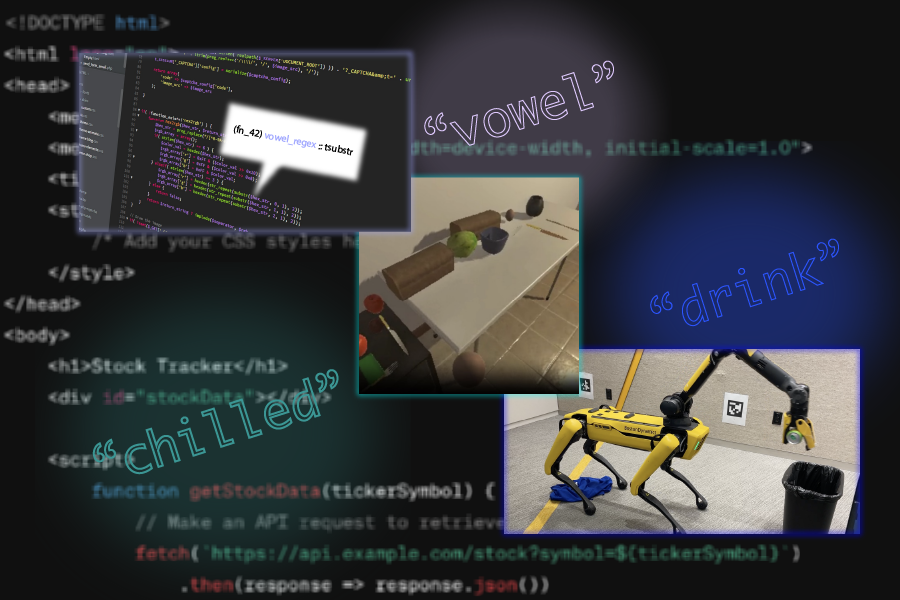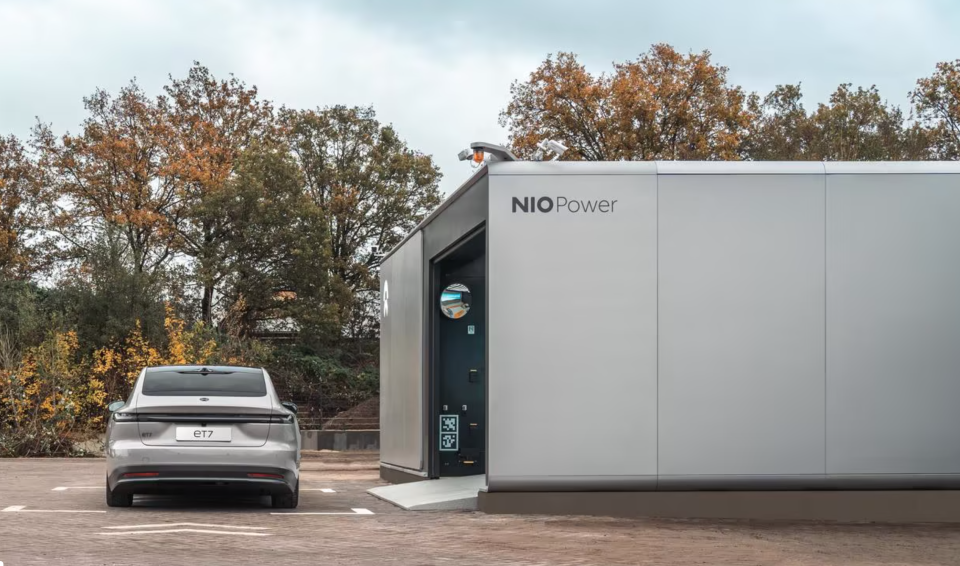OpenAI’s current offerings are impressive, with applications like DALL-E, Sora, and ChatGPT showcasing their ability to generate text and visuals. However, these tools are primarily used for specific tasks and have limited ability to learn from interactions.
In the future, AI will be able to assist beyond chat interfaces and handle real-world tasks, according to Altman.
Altman on AI hardware’s future
Altman believes that while smartphones are advanced, future AI may require specialized hardware. Some devices are already emerging, such as the wearable AI Pin from Humane. Altman is rumored to be collaborating with Jony Ive on a new hardware project.
Altman suggests that a new device may not be necessary for the AI paradigm shift, as the envisioned app could exist in the cloud. However, he notes that consumers may still benefit from having new hardware.
While Altman finds AI hardware exciting, he admits it may not be his area of expertise: “I’m very interested in consumer hardware for new technology. I’m an amateur who loves it, but this is so far from my expertise.”
On the hunt for training data
Altman’s vision for powerful AI agents raises questions about the scarcity of training data in the industry. OpenAI has gathered data from various sources to train models, but finding more data is becoming challenging.
Altman remains optimistic that a solution will be found, even though specifics were not provided: “I believe, but I’m not certain, that we’re going to figure out a way out of this thing of you always just need more and more training data.”
“Humans are existence proof that there is some other way to train intelligence. And I hope we find it,” Altman adds.





















